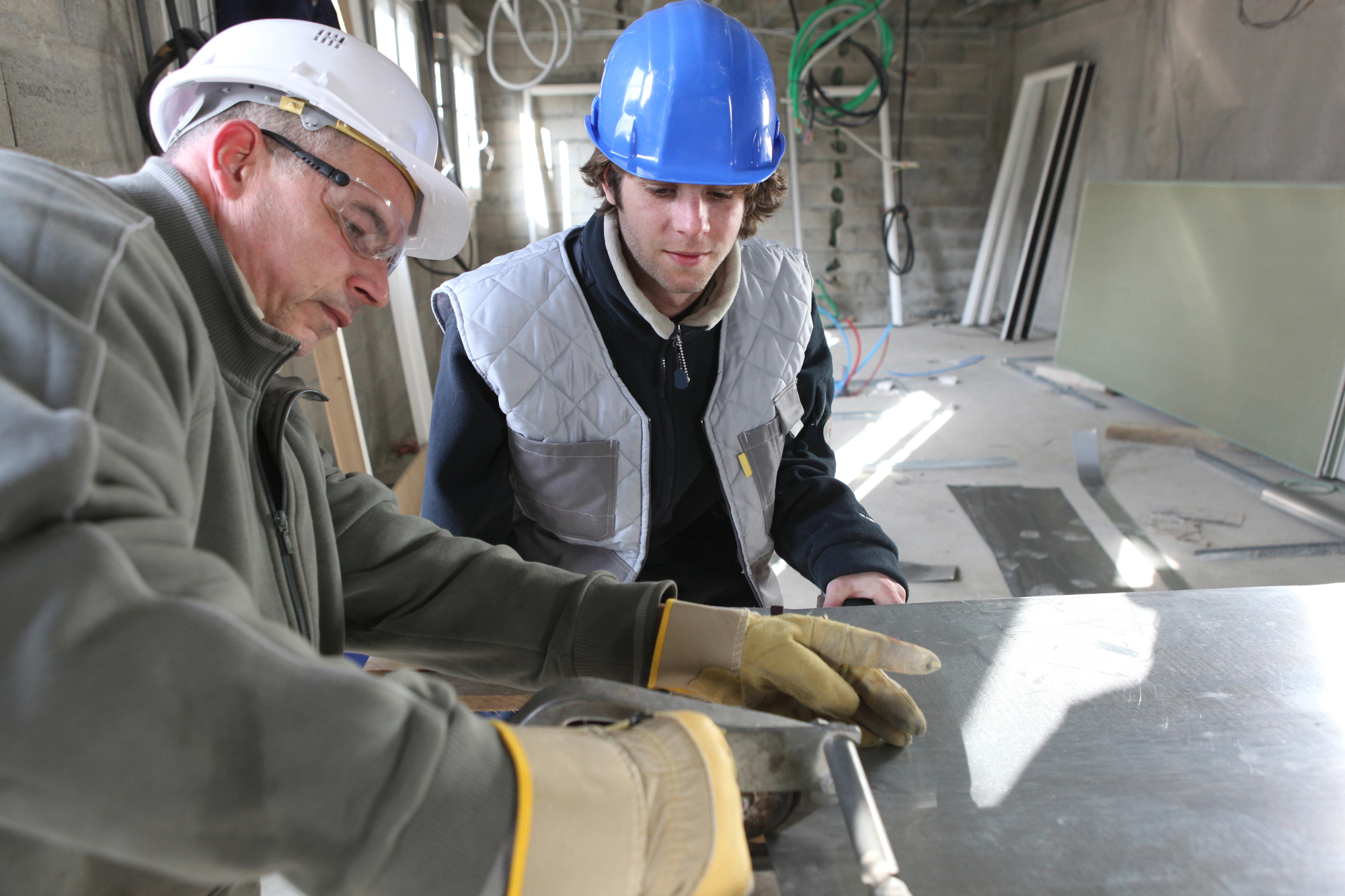Fears for high-energy industry as zinc factory winds down

Zinc manufacturer Nystar has suspended production at its factory in Noord-Brabant as a combination of low zinc prices and a lack of government compensation for the energy-intensive sector in general threatens competitiveness.
Under a European scheme, European governments are allowed to support energy-intensive companies temporarily. Nystar’s subsidiary in Belgium, for example, is getting some €40 million in indirect compensation.
The factory in Budel, which uses the same amount of energy in a year as the city of Eindhoven, or 1% of the national consumption, is also facing spiralling costs for access to the grid, which jumped from €400,000 to €25 million a year.
Combined with falling zinc prices, the factory has adopted a care and maintenance regime until zinc prices go up again. All 500 workers are being paid for the duration.
Economic affairs minister Micky Adriaansen has admitted the decision to withdraw compensation to energy-intensive manufacturing has affected the competitiveness of the sector but said the solution lies in the Europe-wide abolition of the compensation scheme.
The problems may spell the end of energy-intensive manufacturing in the Netherlands, economist Gülbahar Tezel and compiler of the annual competitiveness monitor Speelveldtoets, told broadcaster NOS.
“We have to be very careful. Based on our research we think that production of a large part of the industry may move abroad to countries in and outside of Europe,” Tezel warned.
The biggest fertiliser maker in Europe, Yara in Sluiskil in Zeeland, is facing similar problems as is chemical company Dow Chemical in Terneuzen, Tezel found. In 2022, Aldel’s aluminium smelter Aldel in Delfzijl was declared bankrupt, leading to the loss of 300 jobs in northern Groningen.
Most of the affected companies are owned by multinationals with headquarters abroad. Nystar’s Budel factory is owned by Singapore-based Trafigura, which has enough capital reserves to keep the non-operational plant open, but the long-term implications are clear, Tezel said.
“These companies are making decisions on a daily basis about where production is cheapest,” he said. “So if costs in the Netherlands are structurally higher then everywhere else, I don’t expect they will stay and invest here.”
Thank you for donating to DutchNews.nl.
We could not provide the Dutch News service, and keep it free of charge, without the generous support of our readers. Your donations allow us to report on issues you tell us matter, and provide you with a summary of the most important Dutch news each day.
Make a donation